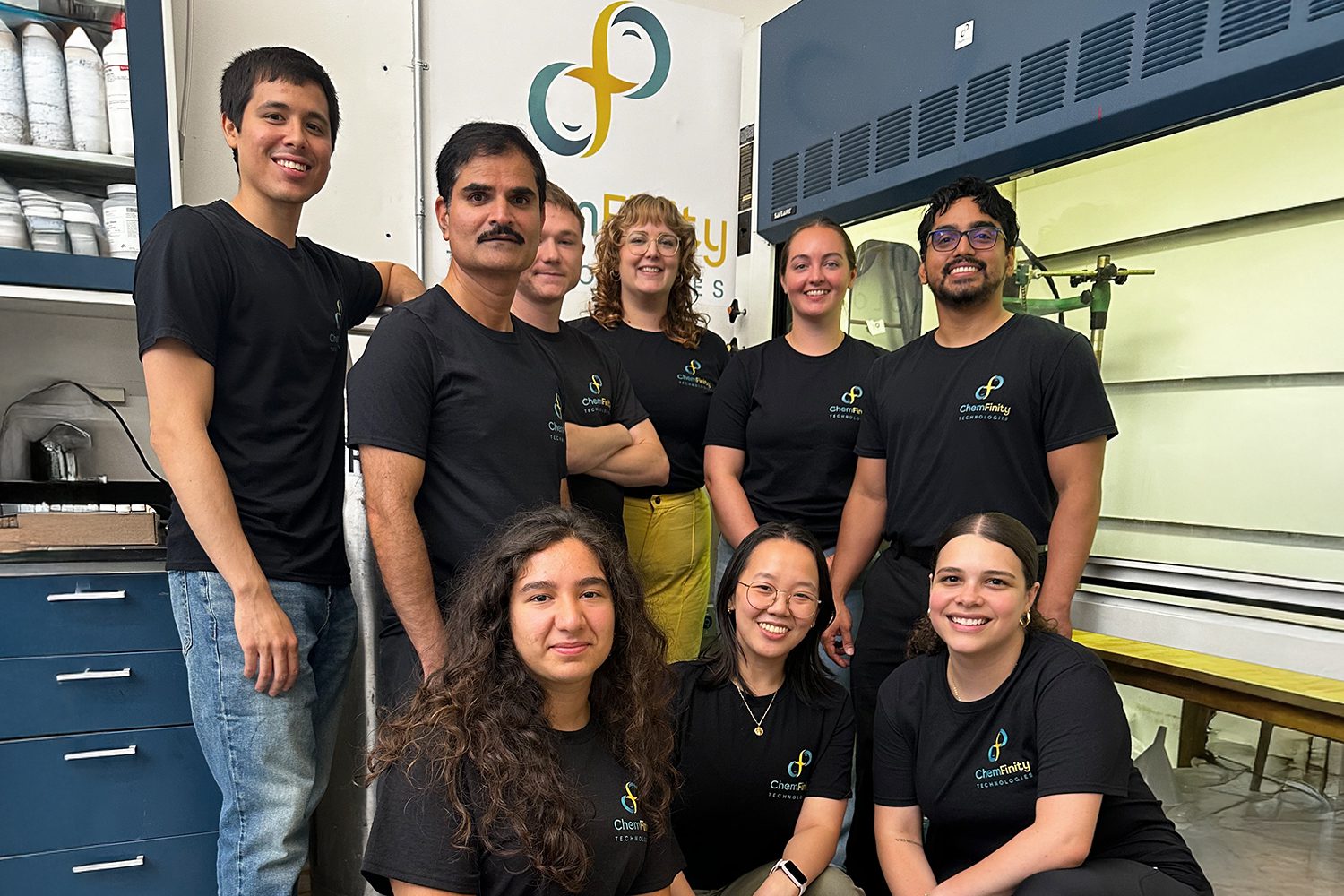The aviation industry’s technological prowess has achieved what seemed unimaginable only a couple of generations ago, moving millions of passengers safely across the world in a matter of hours rather than weeks or months. However, we now face the challenge of making it compatible with net zero. This is one of the toughest technical challenges of the clean energy transition and one that will require innovation and ingenuity.
In the coming decades, technology-enabled efficiency gains and operational improvements will need to be complemented with growing shares of sustainable aviation fuels. The ability to use SAF in current aircraft models – which will still be flying in 2050 – makes it the main emissions reduction driver to meet the aviation sector’s net-zero targets. Further ahead, alternative propulsion technologies – such as electric or hydrogen-powered aircraft – can help us unlock true-zero aviation, as well as reducing the sectors overall energy needs compared to SAF.
Innovation is required at all stages of the technology pipeline, from the early discovery stages through to development and deployment. Many of the changes will not even happen on the airplane or at the airport – they will take place at fuel production facilities and renewable power generation farms.
Identifying innovative solutions to decarbonize aviation and accelerate novel technology pathways including sustainable fuels, propulsion technologies and value chain innovations like feedstock, engineering, infrastructure and market development, was the goal of the UpLink World Economic Forum’s Sustainable Aviation Challenge. Out of 130 submissions, three companies from across the Breakthrough Energy network were named as part of the group of 16 winners at the WEF Annual Meeting in Davos in January, including:
- Verne: a climate tech startup that provides high-density hydrogen for heavy duty transport and is funded by Breakthrough Energy Fellows as part of the programme’s first cohort.
- Viridos: a biotech firm mitigating climate change through low-carbon algae biofuels which has received funding from Breakthrough Energy Ventures.
- Infinium: an electrofuels provider on a mission to decarbonize the world which secured a $75 million equity commitment from our Catalyst platform.
Pioneers at the forefront of aviation innovation
The success of Verne, Viridos and Infinium demonstrates Breakthrough Energy’s commitment to supporting technologies at different maturity levels, from discovery (Fellows) through to company development (Viridos) and deployment (Catalyst) and deploying a range of approaches to support net-zero innovation.
Verne
Verne’s co-founders came together with a shared vision for improving hydrogen’s use as a transportation fuel. They have developed a dense form of hydrogen storage called cryo-compressed hydrogen (CcH2) that has the ideal properties for heavy-duty transport: high energy density, low fuel cost, and operational flexibility. Verne’s cryo-cooler converts gaseous hydrogen to high-density cryo-compressed hydrogen at 50% lower cost relative to hydrogen liquefaction, providing major fuel savings. Further, their onboard hydrogen storage systems have up to 40% higher usable density than liquid hydrogen, making cryo-compressed hydrogen an ideal fuel for clean aviation.
“Verne is excited that our cryo-compressed hydrogen (CcH2) technology will accelerate decarbonization efforts in aviation. Aviation is one of the most difficult-to-decarbonize sectors, and it has become clear that hydrogen will have a critical role in enabling zero-emission aviation.
Our CcH2 solution provides lightweight and low-cost hydrogen fuel that makes hydrogen aviation viable. We are excited to work with aviation partners to accelerate the development of a zero-emission aviation solution, including via this ecosystem established by Uplink, First Movers Coalition and WEF.” - Bav Roy, COO and Co-founder, Verne
Viridos
As a pioneer in synthetic biology, Viridos has researched the precise genetic editing of microalgae for over a decade and has demonstrated the ability to achieve previously unimaginable algae oil productivities.
Microalgae are photosynthetic microorganisms powered by sunlight that directly and sustainably convert CO2 to energy-rich oils and proteins. Viridos’ unique bioengineered approach produces precision gene-edited microalgae capable of producing significantly more oil than any other crop, such as canola and soy. Algal biofuel provides a transformative solution for industries, like aviation, that have few other decarbonisation options.
“To abate GHG emissions from the rapidly growing aviation sector while preserving existing infrastructure, fossil jet fuel must be replaced by sustainable aviation fuel. Plant-based oil crops as feedstock for SAF cannot scale sustainably to meet future demand - we need a purpose-grown, sustainable, and scalable feedstock crop.
Viridos’ oil-rich microalgae can grow in saltwater farms in deserts, offering a path to produce large quantities of SAF to make clean aviation a reality without competing with food crops. SAF feedstock is the most logical entry point for Viridos’ technology.” - Oliver Fetzer, Chief Executive Officer, Viridos
Infinium
Infinium’s technology is the culmination of more than ten years of development and foundational work by affiliate Greyrock Energy, which pioneered commercial small-scale modular gas-to-liquids (GTL) technology for the conversion of natural gas, biogas or flared methane into synthetic fuels and chemicals.
From this technology, Infinium built a platform to develop ultra-low carbon fuels and chemicals by capturing CO2. The business has been at the forefront of a new class of ultra-low carbon synthetic fuels that significantly reduce harmful greenhouse gas emissions, replacing petroleum-based products in existing combustion engines.
Infinium eSAF and Infinium eDiesel can be distributed through existing infrastructure and are used to power planes, trucks, and ships without any costly engine modifications.
“The World Economic Forum’s Uplink platform and the First Movers Coalition are doing groundbreaking work to drive innovation and create partnerships. The new SAF Top Innovators challenge is a terrific opportunity to accelerate more sustainable aviation to help reduce carbon emissions from this hard to abate sector. We are proud to be selected as a Top Innovator and excited to continue to do our part by scaling our global production of ultra-low carbon eSAF to help our growing number of offtake partners decarbonize air transport.” - Robert Schuetzle, CEO, Infinium
Learn more about the challenges facing the transportation industry on the road to net zero and how Breakthrough Energy is supporting the innovations that are making a difference in our State of the Transition report.
Learn more about the Sustainable Aviation Challenge and the submissions.







